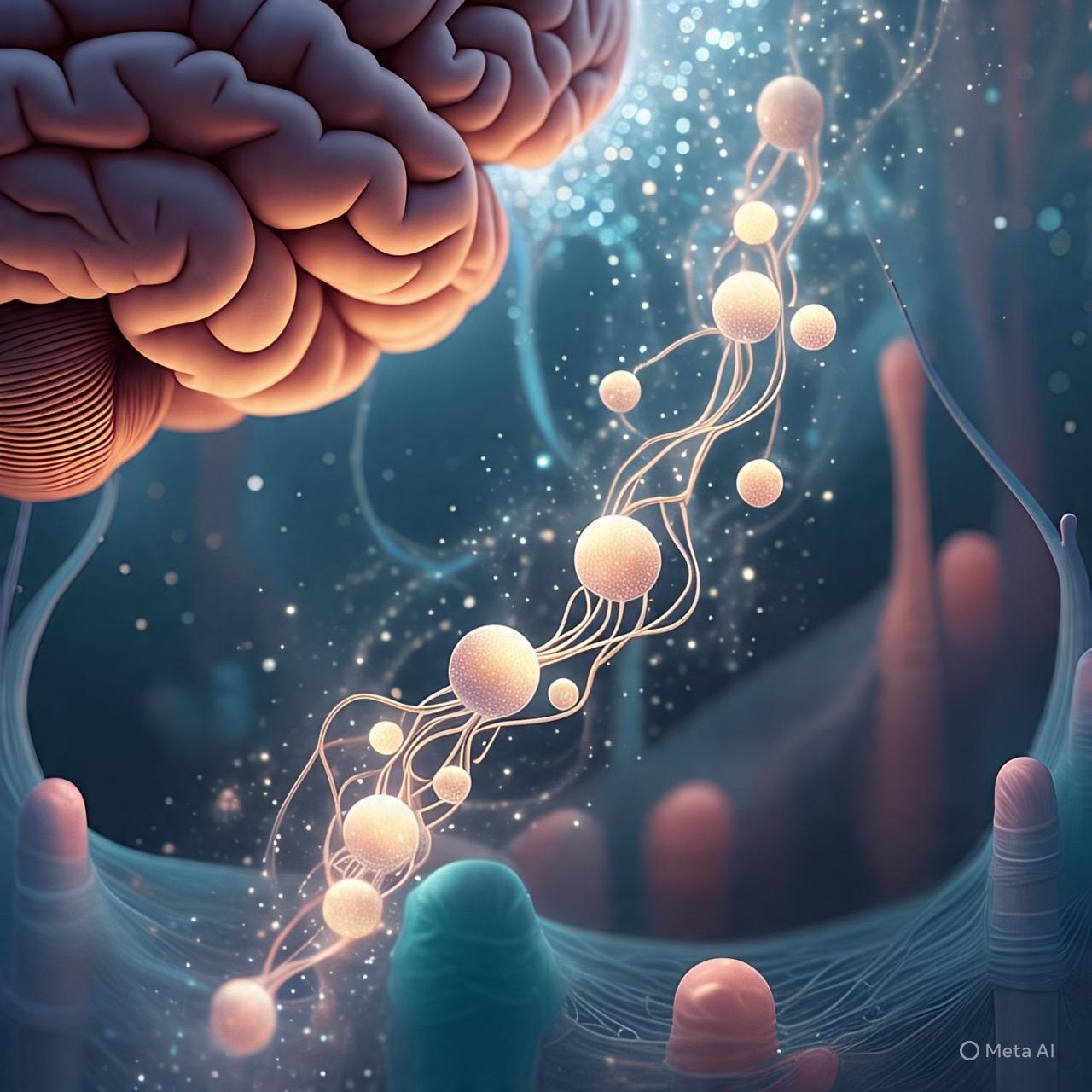Misophonia: A Deep Dive into the Sound Sensitivity Phenomenon
Imagine being unable to enjoy a family dinner or a quiet study session because certain everyday sounds trigger an intense emotional reaction. This is the reality for those with misophonia, a condition where specific sounds evoke strong feelings of irritation, anger, or even panic. Though it might seem puzzling to others, misophonia reveals how intricately Jehovah designed our senses and emotions.
What is Misophonia?
Misophonia, meaning “hatred of sound,” is a condition where certain noises—often repetitive and mundane, like chewing, tapping, or breathing—trigger a disproportionate emotional response. These sounds are called “trigger sounds” and can make everyday social interactions challenging. It’s not a simple dislike but a neurological reaction tied to heightened activity in parts of the brain associated with emotional processing. In some cases, individuals may also experience physical symptoms, such as nausea and gagging, although these are less common.
The Complexity of Human Senses
The human brain processes millions of stimuli daily, usually balancing them with remarkable precision. For individuals with misophonia, the brain’s wiring for sound perception and emotional response seems to misfire, turning minor sounds into significant stressors. This hypersensitivity underscores the complexity of our nervous system, designed by Jehovah with incredible precision but still affected by imperfection due to Adam’s sin.
How Can Misophonia Be Managed?
While there is no universal cure, strategies like cognitive behavioral therapy (CBT), sound-masking devices, or mindfulness techniques can help manage the condition. Developing empathy and understanding in relationships also plays a crucial role in supporting someone with misophonia. As Philippians 2:4 encourages, “look out not only for your own interests, but also for the interests of others,” highlighting the need for patience and compassion.
The Hope for Relief
Conditions like misophonia remind us of the effects of imperfection, but they also strengthen our hope for Jehovah’s promise of a restored world. Revelation 21:4 assures us that “pain” and “suffering” will be no more. Imagine a time when sound will only bring joy, not discomfort, as humans are freed from the effects of imperfection.
A Lesson in Understanding
Misophonia challenges us to extend kindness and patience, even when the condition is hard to comprehend. It reminds us of the need for awareness and accommodation, reflecting Jehovah’s loving care for all his creations.
Sources
• “What Is Misophonia?” – Misophonia Institute
• “The Science Behind Misophonia” – Live Science
• “Coping with Misophonia” – Psychology Today
• “Misophonia and Emotional Response” – National Institute on Deafness and Other Communication Disorders
• “What Is Misophonia? Causes, Symptoms, and Treatment” – PsychologyFor
Edited by dljbsp
-
 2
2
-
 1
1


1 Comment
Recommended Comments
Join the conversation with your brothers and sisters!
You are posting as a guest. If you are already a member, sign in now to post with your existing account.
Note: Your post will require moderator approval before it will be visible.